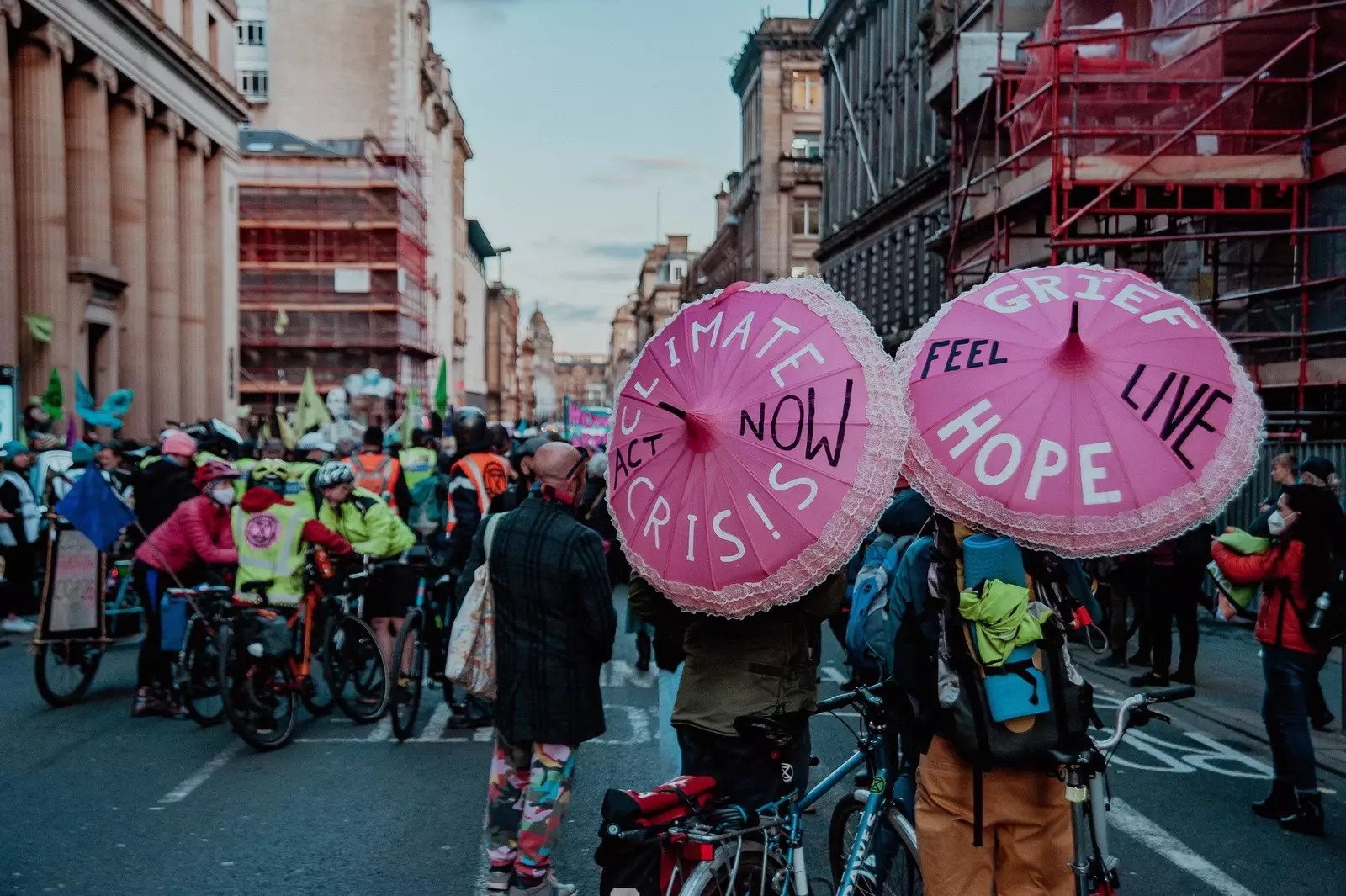Miserable millennials
A bleak view of the future
Young people are pessimistic about the economy, business and their own progress
ARE millennials really different from preceding generations? Bartleby tends to be cynical about such claims, recalling how the youthful idealism of his own peers was tamed by parenthood and the need to pay the mortgage. But a new survey from Deloitte, the accountancy firm, suggests that millennials, defined as those born between January 1983 and December 1994, are feeling particularly gloomy. The survey interviewed 13,416 people across 42 countries (with between 200 and 500 people in each nation, ranging from Argentina to Turkey).
The survey found that climate change was their biggest worry, with 29% concerned about the issue, followed by income equality at 21% (respondents were asked to pick three issues from a list of 20). That said, separate research by MIT found that American millennials travel more miles in cars than baby boomers and are just as keen on car ownership; concern about climate change does not automatically translate into lifestyle changes.
Millennials seem to have turned very pessimistic about the global economy, with only 26% expecting the situation to improve in the next 12 months; that compares with 45% last year. Just over half expect their personal finances to deteriorate. Only 22% expect the social and political climate in their countries to improve, down from 33% in 2018.
When it comes to business, the proportion of millennials who feel that the sector has a positive impact on society has dropped to 55%, from 61% in 2018. Almost two-thirds of those polled think that business have no ambition beyond wanting to make money. In contrast, millennials think businesses should place a higher priority on generating jobs and producing high-quality goods and services.
Many millennials are unhappy with their jobs. The survey says 49% plan to quit within the next two years, up from 38% in 2017. (Of course, younger workers are naturally more footloose than their elders.) Dissatisfaction with pay is the biggest factor, followed by a lack of opportunities to advance.
What about the gig economy, which many assume will provide a lot of work for this generation (although it currently provides just 1% of paid employment in America)? Here their views are mixed. While 48% think that “gig workers have a better work/life balance than those in full-time jobs”, 49% think “the employment rights of gig worker are not respected or protected” and 60% think they are only used to reduce costs.
Finally, there is mixed evidence that “woke capitalism” may work, if only in the negative. More than a quarter of millennials said they had backed away from an organisation because of its political position, or that of its leader; only around a sixth said they had been positively attracted by a company’s position. Sending an illiberal message may drive workers and consumers away.






